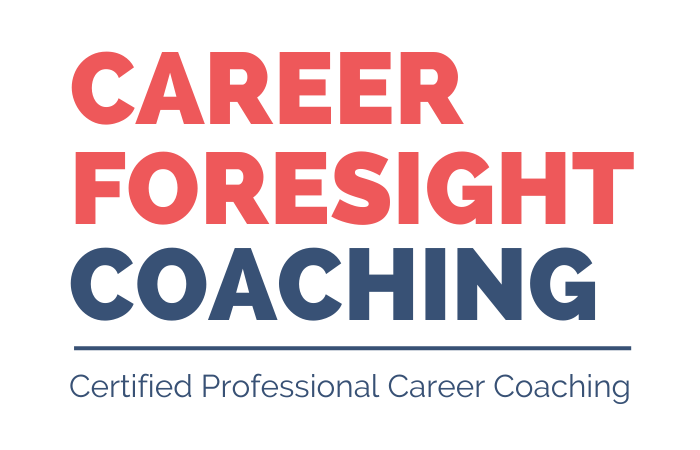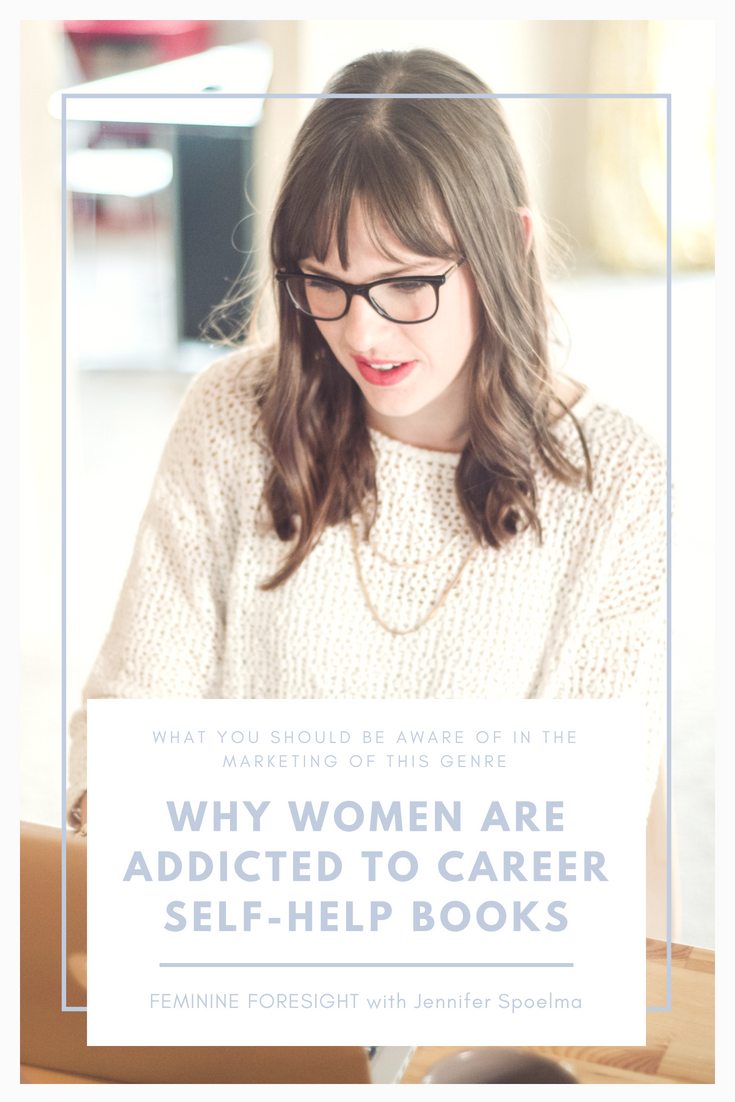Are Self-Help Books for Women a Path to Changing Society?
There are over 50,000 books in the Women & Business category of Amazon. Thousands more are published each year. This highlights a strong demand for female-specific business, career and leadership development resources. Many of the bestselling titles in this category have two interesting commonalities. They focus on the theme of overcoming, and speak about a greater good that will come all women by individuals taking personal action.
This is feminine style rhetoric at its finest.
Of course, there is also a steady stream of general business and self-help books hitting the market, too. But why is the female-specific angle such a strong anchor in the market?
We look for resources because we feel resistance
This question is really at the heart of why I started Feminine Foresight in the beginning. I wanted to better understand why leadership was a topic that brought up so many mixed feelings and insecurities for the women in my life.
In one view, we have endless opportunity, many wonderful role models and the knowledge that we are capable leaders. This view indicates we have everything we need to be set up for success.
But there’s another view that many of us know well. It’s the one we’re fighting against everyday. It’s the view that recognizes things aren’t that simple. While it may be true that we have access to resources and people who have paved the way before us, there is still intense resistance.
Sometimes it’s cleary external resistance. Women are harrassed, discriminated against or glanced over. But even if those things aren’t happening to us, many women continue to face internal resistance.
We experience deep self-doubt, uncertainty and the notion that we have to choose between things we value (i.e. either a career, family, or community investment, etc.) rather than creating a life in which they all work together.
We might feel a range of emotions tied to this internal resistance:
- Loneliness and isolation
- Guilt for not just ‘getting over it’
- Frustration from being misunderstood
- Confusion about the source of the issue
So, what do we do?
We look for resources to help us overcome what we perceive to be a personal, internal issue.
What if we’re misplacing the resistance?
Would you be surprised to learn that many of the female business books that are popular today are quite similar to those that were popular in the 60s? I sure was surprised when I learned that!
From an academic perspective, the conversation around women and business has already evolved enough that there are different ‘periods’ to describe the differences. But culturally, and often individually, we seem to be stuck in the first period.
Here are the three periods as described by Isabel Metz in her AMP article titled, Why Are Self-Help Books With Career Advice for Women So Popular?
Fix the Woman (1967-1976)
This period had a strong research focus on individual development. The thinking at the time was that women may not be capable of management and leadership positions. Therefore, they needed to invest in ‘fixing’ how they didn’t measure up to men.
Turns out, women were totally capable and on par with their male counterparts. But the numbers of females in leadership positions stayed the same. So researchers moved on to explore how interpersonal dynamics affected women’s careers.
Fix the Organization (1977-1996)
Mentors and networks were a big focus of research during this time. How could women build better networks? How could they find meaningful and helpful mentors? But there was also a strong focus on helping organizations develop programs to facilitate these things for women. It was acknowledged there were systematic barriers keeping women down, and research sought to find ways to overcome them.
Fix the Environment (1997-currently)
Turns out, even with programs in place in workplaces to make things equal and to ban harassment and discrimination, we still have a problem. Researchers have turned their attention to the bigger picture. Why, with seemingly all the right pieces in place, are women still not advancing to leadership at a similar pace to men?
Much of the current research spotlights how societal factors like biases, social expectations and gender roles are affecting us on a larger scale.
It’s daunting to think that the root of your problems are societal-level problems. And yet, there is room in the discomfort to recognize truth and even find peace.
You may need help, but you do not require fixing
Imagine that you’re unsatisfied with your job. It isn’t the creative challenge you’d been told it would be and you’re starting to feel burnt out. Maybe you’ve already talked with your manager to discuss growth opportunities. You’re told there aren’t any so you feel stuck.
If you’re like me, you might look to a self-development book, podcast or audiobook to give you some perspective on the situation.
On an individual basis, this makes sense. If you are uncomfortable in your career, or you desire change the most logical place to start is within. Why are you feeling that way? What do you really want? It feels like a unique, personal situation because you feel it so deeply.
But the fact that the vast amount of women face these insecurities points at a much larger societal issue that needs to be fixed. This is an aspect we have seen recently with the women’s marches and the global campaigns like #metoo and #timesup.
It’s becoming more common knowledge that the issue doesn’t exist at the personal level alone. Of course, there are personal implications and personal experiences that have shaped us on an individual level. But it’s not just a you and me problem.
While we may need help along the way, we do not require ‘fixing’.
I believe this is an important distinction to make. Yes, there are society-wide issues that need to be addressed. Yes, there are personal barriers we each need to overcome ourselves.
We need to hold both of those ideas at the same time.
It won’t help us to just blame ‘the world’, or even ‘the patriarchy’ (though I know that one is so tempting). There is a place for personal responsibility to overcome, to develop courage and the skills to be the best woman you can be.
That’s where I believe that self-help books have a role. We just need to be careful about how, and why we consume them.
Understand how you fit into the bigger picture
Remember at the start of this post when I shared all of the internal resistance to leadership and career we face as women? We need to keep a careful eye on how much we allow ourselves to dwell in those thoughts and emotions.
If you let yourself get too deep in self-doubt or insecurity, you run the risk of attributing negative external factors as personal flaws. And if you believe you are the problem, you will get stuck.
Instead, self-reflect on the areas of life you wish to grow in. Believe you can develop the things you feel you currently lack. That is a much healthier way to approach self-help materials.
Look for resources that focus on the root problems, not symptoms
The reason I base almost all Feminine Foresight content on research is because it helps get at the ‘why’ of certain experiences. Instead of simply saying, for example, “women struggle with giving feedback in the workplace, here are some tips how to improve,” research lets us understand why women struggle to give feedback.
If we understand the why, and have the language to articulate it, we are empowered to stop the issue at the source. Instead of focusing on addressing symptoms, we address the problem.
Understanding the why also helps us take a bigger view. Instead of limiting our focus to our own personal problems, it enables us to see the cultural patterns and systems that perpetuate the problem.
The resistance you feel is understood and felt by so many. If you broaden your perspective to recognize that, you can become part of the change. You’ll no longer be a victim, but a change-maker. And that is power.
Maybe that’s how self-help books can also become society-help books.

